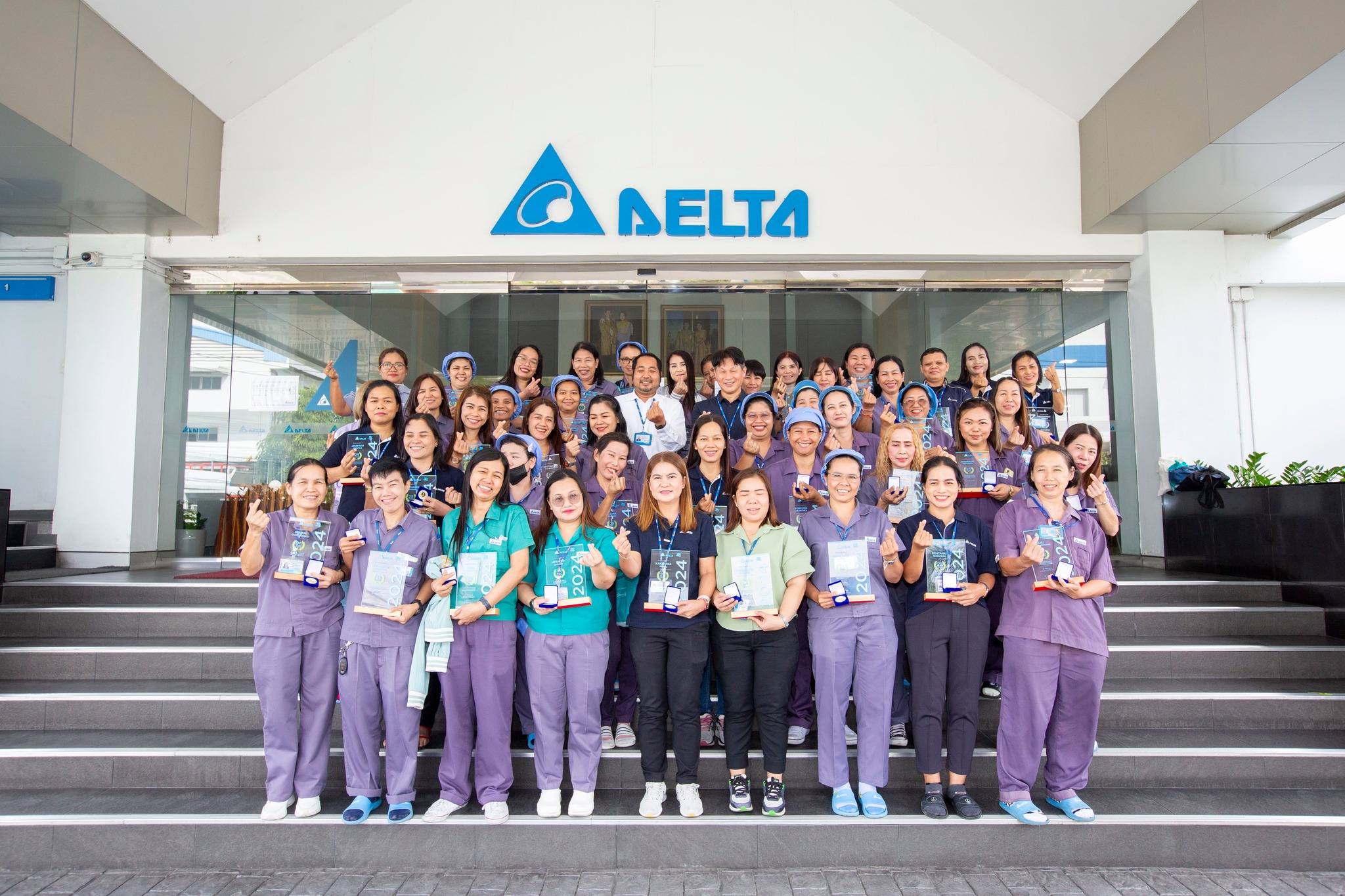Delta PreciGen Laboratories Business Division (PGLBD) has long been dedicated to the development of genetic molecular testing products. Initially, PGLBD primarily provided nucleic acid testing products, playing a crucial role during the pandemic. However, as the pandemic subsides, the genetic molecular testing market is also undergoing some changes.
The market overview and future trends of molecular testing
Genetic molecular testing in the medical field can be broadly divided into five applications: infectious disease screening, tumor genetic testing, genetic disease testing, pharmacogenomics analysis, and disease risk prediction. Among the testing methods, Next Generation Sequencing (NGS) and Polymerase Chain Reaction (PCR) technologies account for over 70% of the overall market. Genetic sequencing involves sequencing large amounts of DNA from organisms, including 20,000-25,000 genes in humans. Compared to first-generation sequencing technology, NGS has significantly improved throughput, cost, and speed. Unlike other testing methods such as PCR, which can only detect a few disease-related target genes or substances, NGS can simultaneously identify multiple disease variant genes, achieving precise treatment.
Looking at future market trends, the NGS application market is expected to continue growing, driven by an aging society and preventive medicine. Firstly, global aging is leading to an increase in cases of cancer, cardiovascular, and neurodegenerative diseases. For example, in Taiwan, the elderly population is expected to exceed 20% by 2025, becoming a super-aged society, and this figure will surpass 40% by 2070. As preventive medicine becomes more widespread, in the US, approximately 80% of every $100 was spent on already ill patients in the past, but by 2040, it is estimated that 66% of healthcare spending will be on early prevention, diagnosis, and health maintenance.
Molecular testing helps alleviate the global cancer burden
Whether due to aging trends or preventive medicine, cancer remains a major health threat in modern society. According to the World Health Organization (WHO), one in five people will develop cancer, with 9.7 million cancer deaths and 20 million new cancer cases in 2022. By 2050, the cumulative number of new cancer cases will exceed 33 million. Additionally, the American Medical Association estimates that from 2020 to 2050, cancer will cause a global economic burden of approximately US$25.2 trillion.
Cancer testing is one of the main applications of molecular testing, which can be used in four stages: early cancer screening, diagnosis, drug selection, and post-treatment monitoring. Currently, the US FDA has approved over 20 biomarker companion diagnostic tests for clinical use, confirming that NGS-based testing is gradually becoming a trend. NGS-based molecular testing is the current trend, with cancer testing being one of its main applications.
NGS-based molecular testing is the current trend, with cancer testing being one of its main applications.
AI augments molecular testing applications
NGS has become a current trend. However, sequencing generates large and complex data. As the number of sequencing samples increases, the application of AI technology can accelerate the correlation analysis between genetic information and clinical indicators, helping to calculate and define more effective predictive, diagnostic, or prognostic indicators.
In addition to being more accurate and faster, AI will drive the expansion of molecular testing applications. In March of this year, the White House announced a new precision cancer treatment plan, Advanced Analysis for Precision cancer Therapy (ADAPT), aimed at enabling medical institutions to adjust and optimize treatment methods in real-time in response to tumor changes. This plan will rely more on machine learning and big data analysis, strengthening the connection between bioinformatics and treatment outcomes, and is expected to accelerate the commercialization of related AI medical products. In the industry, AI has made significant progress in early detection and treatment evaluation of diseases such as cancer, neurodegeneration, and cardiovascular diseases. It is expected that more AI-integrated molecular testing products will be commercialized in the future. In response to future market developments, Delta will continue to evaluate new market opportunities and plan the feasibility of new businesses.















